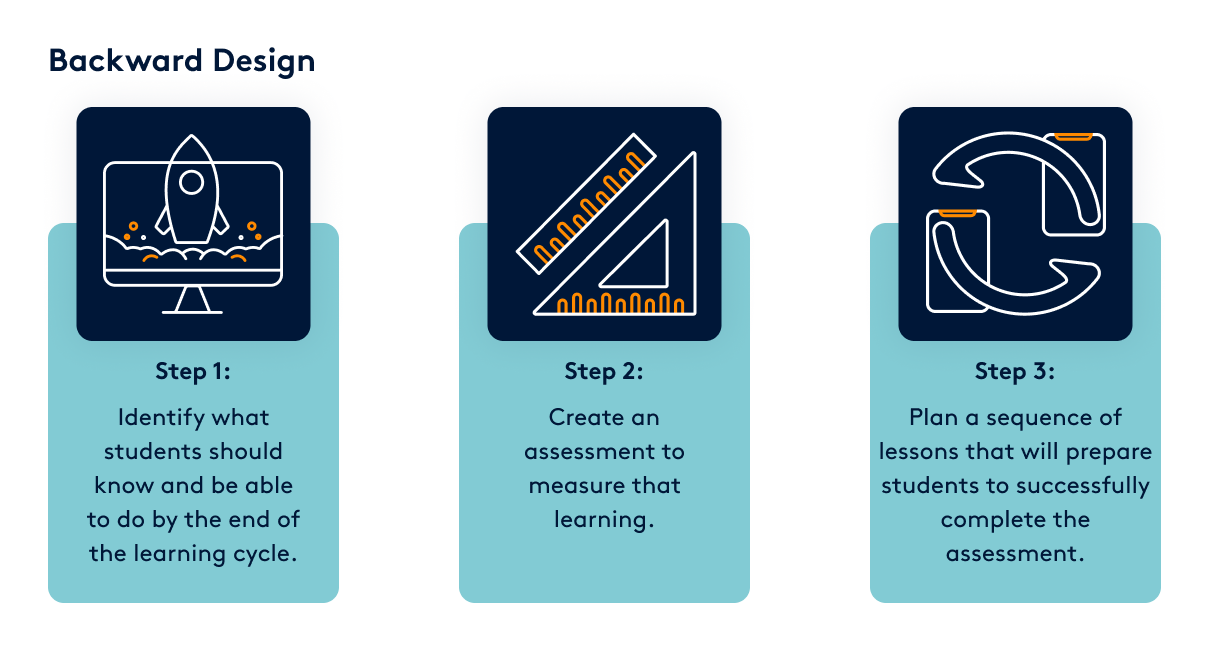Competency-based education (CBE) is reshaping the way we think about education. Instead of focusing on how long students spend in a classroom, CBE prioritises what they can do with their knowledge.
This practical, skills-focused approach allows students to build abilities directly addressing real-world professional challenges. Using mastery, personalised pathways, and authentic assessments, CBE offers a flexible and engaging framework that meets diverse learning needs to deliver meaningful outcomes.
The Foundations of Competency-Based Learning in Higher Education
A Focus on Mastery
The fundamentals of Competency-Based Learning in Higher Education highlight mastering skills that matter. Students demonstrate knowledge through meaningful tasks like simulations, real-world projects, and problem-solving activities.
Steering away from traditional approaches where desk and classroom time is a metric for progress, CBE approaches education from a lens that looks at industry needs. Learners leave with theoretical understanding and practical capabilities they can immediately apply to life.

This focus on mastery and relevance makes CBE particularly effective for non-traditional students and workplace training programs, where flexibility and application are key.
The Backward Design Advantage
CBE starts with the end in mind. Educators use backward design to define the competencies students need to achieve and then design assessments and activities to support results stemming from this framework.
Authentic assessments, like workplace simulations and real-world projects, are integral to this approach. Practical evaluations allow learners to demonstrate their skills in meaningful contexts, ensuring their learning is relevant and applicable.
Tools like a competency-based learning assessment template help map out these activities, making every part of a course purposeful and aligned with its objectives.

Personalised Learning
CBE recognises and uses individuality as a model. Students can progress at their own pace — focusing on mastering skills rather than rushing through content. Flexibility lets learners balance their studies with other commitments, whether working professionals, parents, or career changers.
CBE also actively promotes equity by designing support and curriculums that fit individual needs. Educators customise competency-based assessments and provide targeted feedback, guiding students to succeed on their terms.
Feedback That Drives Progress
Feedback and engagement encourage practical and interactive learning in CBE. Formative assessments like quizzes, reflective journals, and group discussions act as regular checkpoints, helping learners monitor their progress and refine their skills.
These assessments keep students on track, building confidence while offering a clear view of their strengths and areas for improvement.
Recognition of Prior Learning (RPL)
CBE values what learners already have by using Recognition of Prior Learning (RPL).
This approach bridges the gap between formal education and practical expertise for adult learners, making the pathway to achieving qualifications more efficient and meaningful.
Why Competency-Based Education Matters
CBE is an educational model that offers a solution to the constantly changing demands of the contemporary work world. Learners develop job-ready skills and critical thinking abilities, empowering them to succeed in dynamic and challenging professional environments.
CBE allows institutions to stay competitive. Integrating tools like backward design, personalised pathways, and authentic assessments will enable universities to deliver impactful, scalable education designed to resonate with diverse learners.
OES and Learning Design
OES adopts CBE by partnering with universities, combining academic excellence with innovative strategies:
- Expert Learning Design: Skilled teams led by experienced academics design rigorous and engaging courses.
- Tailored to University Standards: OES aligns each program with the institution’s academic policies and brand guidelines to maintain quality and reputation.
- Global Best Practices: OES benchmarks its designs against the Quality Matters Framework and delivers courses recognised as best practices in the Australian Higher Education Standards Framework.
- Data-Driven Personalisation: Predictive analytics guide course design and student support, enabling timely and personalised interventions.
OES also helps institutions scale their online and blended learning programs by incorporating innovative tools like virtual reality simulations to enhance experiential learning.
The Future of Learning with CBE
Competency-based education offers a more innovative way to learn. It’s about mastering what matters, progressing at your own pace, and building skills that lead to real-world success.
With OES’s expertise, institutions can seamlessly implement CBE, delivering education that is adaptable, impactful, and aligned with the needs of modern learners.


